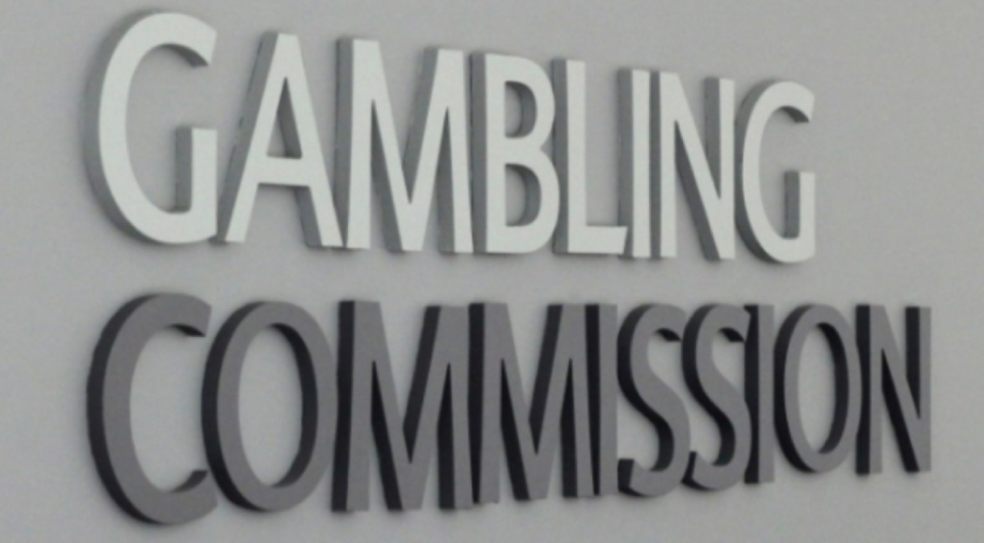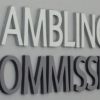
Will a ban on credit cards help tackle problem gambling?
Earlier this year the Exeter Daily reported on the possibility of a new casino opening up in the city. Were it to happen many residents would be excited at the prospect of an entertainment venue that offers late night drinking alongside betting on roulette, poker and blackjack whilst others would inevitably be horrified at the prospect of the social ills of the booming gambling industry being delivered straight to the heart of central Exeter.
Yes, gambling is a controversial industry for sure, which is one of the reasons that there is always pressure on the regulator, the UK Gambling Commission, to curb the powers of the operators to which it issues licenses.
Between August and November this year the Commission oversaw a consultation into betting with credit cards. One potential outcome of the investigation may be a ban on their use for placing bets in the UK. It has been widely reported that since online casinos and sportsbooks began operating here there has been an increase in problem gambling, but would a ban really help to solve the issues, or other steps needed too?
Figures published by the UK GC show that between 10% and 20% of deposits made at online gambling sites are made by credit card. That is over £8 billion. Paying by credit card naturally increases the risk that gamblers will play with more money they can afford and with over 300,000 problem gamblers in the UK there is constant pressure from the public and the media to prevent the issue getting worse.
The problems associated with gambling with credit cards are obvious. Getting access to one in the UK is easy for anyone over the age of 18. Online applications can be completed in just minutes and within days a new card with £1000s in credit is delivered to your doorstep. There is no limit to how many cards any one person can own, and it is possible to pass debt from one to the next easily enough. For problem gamblers, playing with credit can also feel less risky as any losses are not felt until the day the bill arrives in the post.
All these factors can quickly lead to a person with a gambling problem getting further and further into debt, but an outright ban may not be enough. Any action will have to take into account the widespread use of eWallets as a payment service by most gambling operators. It would be very easy for a gambler to indirectly fund their bets with credit cards by transferring money to a Paypal or Skrill account before depositing from there into a casino account, and in doing so avoiding any restrictions.
Campaigners would welcome a credit card ban but it needs to be part of a holistic approach to tackling the issue of problem gambling in the UK in 2019. Other recent initiatives have included a reduced cap on Fixed Odds Betting Terminal stakes from £100 to £2, the ban on betting adverts during live sport before 9pm, and the GAMSTOP self-exclusion scheme that allows gamblers to block themselves from all participating sites in the UK in one go.
Whatever the outcome of this year’s consultation, online gambling is here to stay, as are the bricks and mortar casinos and sports betting shops that exist on our very own high street and the negative impacts they bring. A ban on credit cards would be a controversial step in reducing the harm caused by problem gambling. Are you for or against?
You can read more about the work carried out by the UK Gambling Commission, and how to take part in their consultations, on their website.














